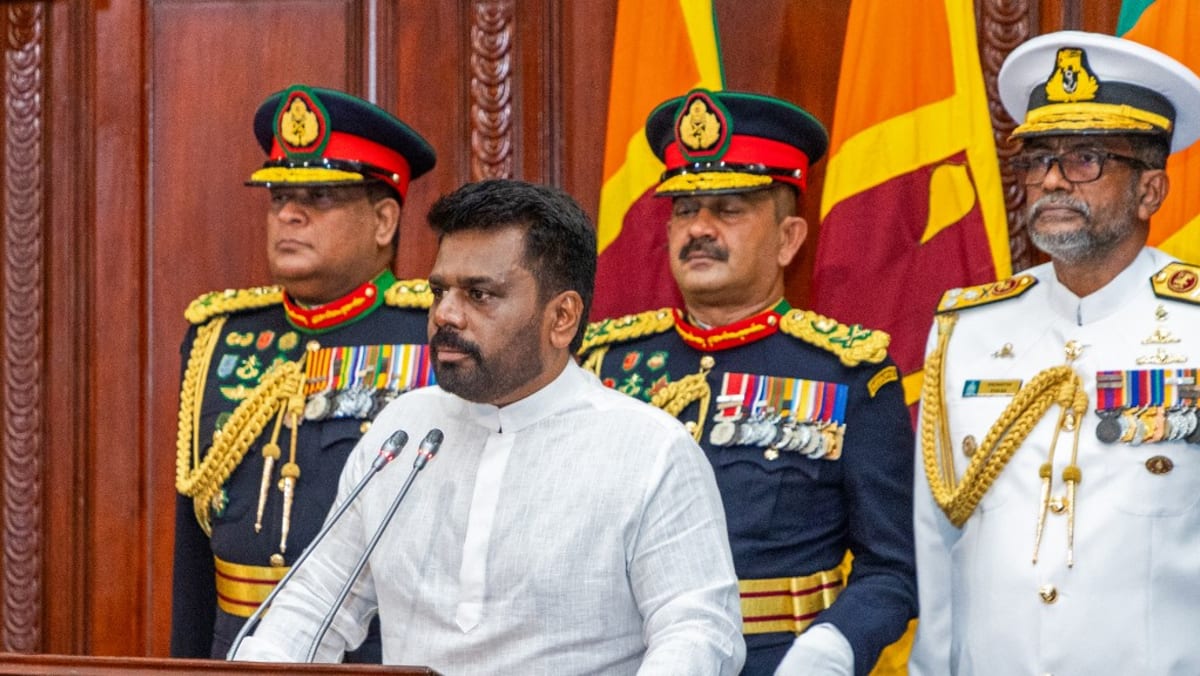“WORK WITH OTHER NATIONS”
Addressing concerns about the JVP’s historical anti-West and anti-India stance, Dissanayaka said he wanted international support to rebuild the economy.
“We are not a nation that should be isolated,” he said, as Colombo-based diplomats watched from the balcony of the presidential office.
“Regardless of the power divisions in the world, we intend to work with other nations to benefit our country.”
India and China – Sri Lanka’s biggest neighbour and largest bilateral creditor respectively – are competing for influence in the island nation, strategically situated on global east-west sea routes.
Indian Prime Minister Narendra Modi said he looked forward to working closely with Dissanayaka to “strengthen our multifaceted cooperation for the benefit of our people and the entire region”.
Chinese President Xi Jinping said he hoped to work with the new president “to continue our traditional friendship (and) enhance mutual political trust”.
LEGACY OF VIOLENCE
Dissanayaka’s party led two rebellions in the 1970s and 1980s that left more than 80,000 people dead before renouncing violence.
It had been a peripheral player in Sri Lankan politics in the decades since, winning less than four per cent of the vote during the most recent parliamentary elections in 2020.
But Sri Lanka’s crisis proved an opportunity for Dissanayaka, who saw his popularity rise after pledging to change the island’s “corrupt” political culture.
Dissanayaka was a JVP student leader during the second insurrection and has described how one of his teachers sheltered him to save him from government-backed death squads that killed party activists.
He counts famous Marxist revolutionary Che Guevara among his heroes.
Dissanayaka becomes the country’s first president to get less than 50 per cent of the popular vote. He was elected with just over 42 per cent, the lowest since presidential elections began in 1988.
“I am fully aware of the composition and size of the mandate I received,” he said. “It is my responsibility to earn the support and confidence of those who did not vote for me or place their trust in me.”
